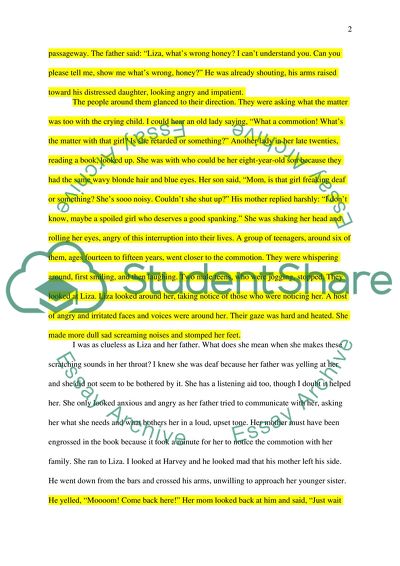Cite this document
(What Do You Mean With That Face Essay Example | Topics and Well Written Essays - 3000 words, n.d.)
What Do You Mean With That Face Essay Example | Topics and Well Written Essays - 3000 words. https://studentshare.org/english/1808608-disability
What Do You Mean With That Face Essay Example | Topics and Well Written Essays - 3000 words. https://studentshare.org/english/1808608-disability
(What Do You Mean With That Face Essay Example | Topics and Well Written Essays - 3000 Words)
What Do You Mean With That Face Essay Example | Topics and Well Written Essays - 3000 Words. https://studentshare.org/english/1808608-disability.
What Do You Mean With That Face Essay Example | Topics and Well Written Essays - 3000 Words. https://studentshare.org/english/1808608-disability.
“What Do You Mean With That Face Essay Example | Topics and Well Written Essays - 3000 Words”. https://studentshare.org/english/1808608-disability.


